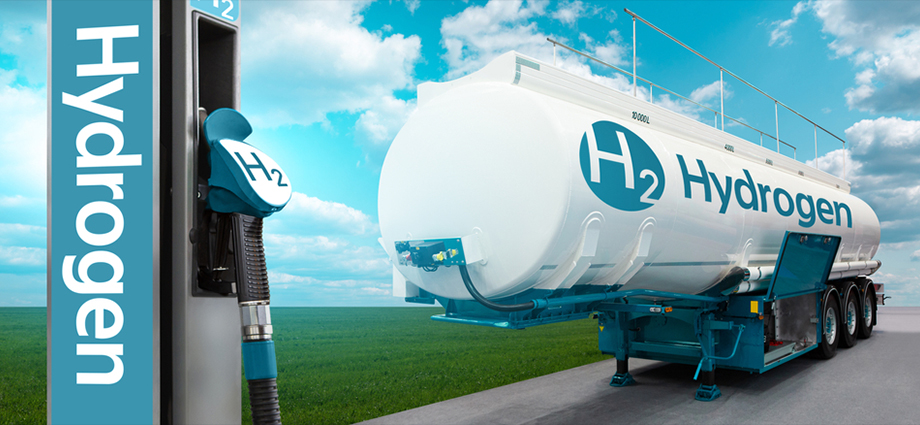Hydrogen has become a viable alternative in the search for sustainable energy sources. Hydrogen stands out due to its adaptability and potential to completely transform energy storage and transportation as people look for greener and more efficient fuel substitutes for conventional fossil fuels. At the heart of this revolution lie two interconnected concepts, hydrogen energy storage and hydrogen fueling stations.
Hydrogen energy storage represents a critical component of the renewable energy landscape. Hydrogen has clear advantages over some traditional energy storage techniques, especially when it comes to its capacity to store enormous amounts of energy for long periods of time. It is a priceless tool in the search for dependable and consistent renewable energy sources because of this quality. Electrolysis, a technique that uses electricity to separate water molecules into hydrogen and oxygen, is one of the main ways that hydrogen energy can be stored.The produced hydrogen can then be stored in various forms, including compressed gas, liquid hydrogen, or in chemical compounds like ammonia or metal hydrides. These storage methods provide flexibility in meeting diverse energy demands across different sectors.
Hydrogen’s potential in fueling transportation is gaining traction. Fuel cell electric vehicles (FCEVs) and other hydrogen-powered cars require hydrogen fueling stations as essential infrastructure.These stations function by supplying hydrogen to vehicles in a manner similar to traditional gasoline stations, offering a promising zero-emission alternative to conventional internal combustion engines.
The advantages of hydrogen fueling station extend beyond zero-emission transportation. They enable rapid refueling, addressing a common concern associated with electric vehicles reliant on lengthy charging times.
Ethical Fortifications:
The adoption of hydrogen technology aligns with ethical imperatives in combating climate change and reducing greenhouse gas emissions. It promotes sustainability by offering a viable pathway to decarbonize industries, mitigate air pollution, and alleviate reliance on finite fossil fuel resources. Its production through renewable sources further reinforces its ethical standing by contributing to a greener future.
Challenges:
Despite its promise, hydrogen energy storage and fueling stations encounter hurdles. Production costs, infrastructure development, and technological advancements pose challenges. Ensuring the efficiency and scalability of hydrogen production methods, establishing a robust distribution network, and addressing safety concerns in handling and storing hydrogen are critical obstacles to overcome.
New Innovations:
Continuous innovation drives the evolution of hydrogen technology. Advancements in electrolysis techniques, such as proton exchange membranes and solid oxide electrolyzers, aim to enhance efficiency and lower production costs.
Realizing the full potential of hydrogen as an energy carrier requires research and innovation. The efficiency and sustainability of hydrogen production are being improved by developments in electrolysis technology, such as the use of renewable energy sources like solar and wind power.Similarly, improvements in storage and transportation methods are making hydrogen a more viable and accessible energy option.
Effects on the Energy and Power Industry:
The integration of hydrogen energy storage systems and fueling stations can revolutionize the energy landscape. It offers a reliable means to store excess renewable energy, addressing intermittency issues in solar and wind power generation. widespread use of hydrogen as a clean fuel has the potential to revolutionize transportation by lowering automotive carbon emissions and broadening the range of energy sources used in the industry.
Conclusion:
Hydrogen energy storage and fueling stations epitomize a sustainable energy frontier with far-reaching implications. While challenges persist, advancements in technology, coupled with growing environmental consciousness, drive the momentum toward widespread adoption. The ethical imperative of reducing carbon footprints and fostering a cleaner energy ecosystem positions hydrogen as a catalyst for a greener, more sustainable future. As innovation continues, the integration of hydrogen into the energy and power industry promises a transformative shift towards a more sustainable and eco-friendlier world.

